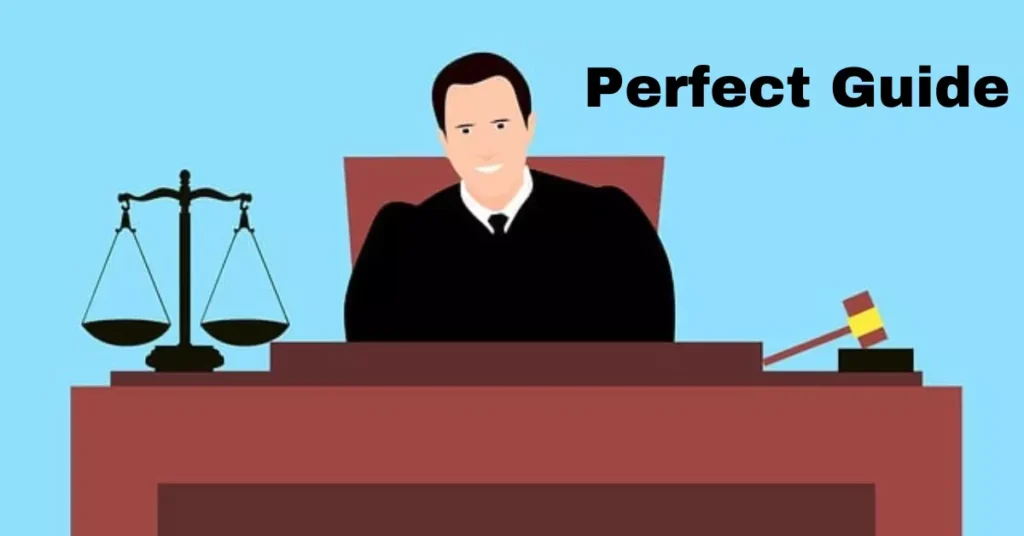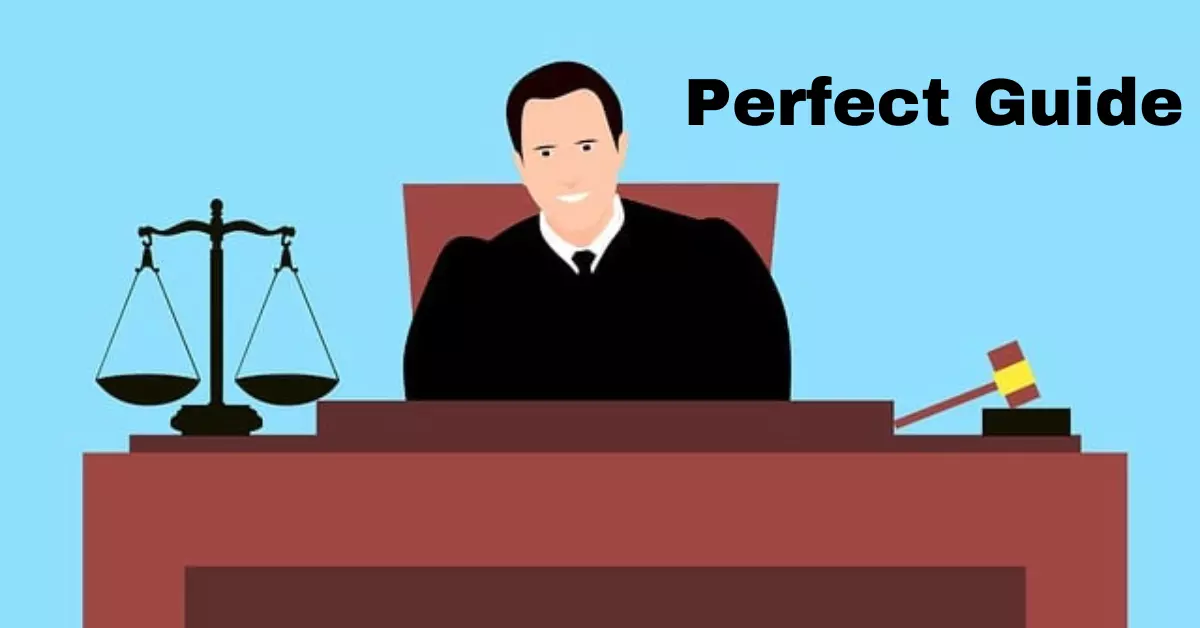In Pakistan’s legal landscape, judges stand as guardians of justice and the Constitution. Embarking on a judicial career demands not only an LLB degree but also exemplary advocacy experience, success in competitive examinations, and adherence to constitutional appointment protocols.
This comprehensive guide illuminates the journey through Pakistan’s judicial hierarchy civil, session, high court, and supreme equipping you with actionable insights to navigate each milestone with confidence.

Understanding Pakistan’s Judicial Hierarchy
Pakistan’s judiciary is structured in ascending order of authority. At the base are Civil Judges cum Judicial Magistrates who preside over civil disputes and minor criminal matters. Above them, District & Sessions Judges handle serious civil and criminal cases at the district level.
High Court Judges exercise appellate and supervisory jurisdiction within each province. At the apex sits the Supreme Court, the ultimate interpreter of the Constitution and arbiter of national legal issues.
Eligibility Criteria for Aspiring Judges
Prospective judges must first secure a Bachelor of Laws (LLB) from a recognized university. To sit for the Civil Judge exam, candidates need at least two years of licensed advocacy.
For promotion to District & Sessions Judge, officers are selected on seniority‑cum‑fitness from among Civil Judges after a minimum of three years’ service.
Appointment to High Courts requires ten years of High Court practice or equivalent judicial service, while Supreme Court eligibility mandates fifteen years of advocacy or five years as a High Court judge.
Entry into the Subordinate Judiciary
Each province’s Public Service Commission advertises the Civil Judge cum Judicial Magistrate (PCS‑J) exam annually. The selection process comprises a qualifying MCQ test, a written examination covering eight subjects including Civil Law, Criminal Law, General Law, English, Urdu, and General Knowledge and a final viva voce.
Candidates must secure 40% in each paper and 50% overall to progress. Successful applicants undergo psychological and aptitude testing before formal appointment.
Advancement to District & Sessions Judge
After serving as Civil Judges, officers vie for promotion to Additional District & Sessions Judge. Two‑thirds of vacancies are filled by senior Civil Judges who have completed three years of service and requisite training at the Federal Judicial Academy.
Promotion to District & Sessions Judge follows on a seniority‑cum‑fitness basis, ensuring meritocratic advancement.
Appointment to the Superior Judiciary
High Court Judges
Under Articles 175A and 193 of the Constitution, the Judicial Commission of Pakistan recommends High Court appointments.
Candidates must have at least ten years of High Court practice or equivalent judicial service. A parliamentary committee confirms these recommendations before presidential approval.
Supreme Court Judges
The Supreme Court’s bench is constituted through a similar mechanism: the Judicial Commission proposes names of advocates with fifteen years’ standing or High Court judges with five years of service. A parliamentary committee then vets nominees before the President finalizes appointments .
Training and Professional Development
Upon induction, new judicial officers attend the Federal Judicial Academy in Islamabad or respective provincial academies. Training modules cover substantive and procedural laws, court management, ethics, and case processing.
Continuous professional development ensures judges remain conversant with legal reforms and best practices.
Roles, Responsibilities, and Career Progression
Civil Judges adjudicate disputes involving contracts, property, and family matters, while Judicial Magistrates handle preliminary criminal proceedings. District & Sessions Judges oversee major trials and appellate matters.
High Court and Supreme Court Judges interpret constitutional questions, set legal precedents, and supervise subordinate courts. Judges retire at 60 (High Court) or 65 (Supreme Court), with opportunities for arbitration, mediation, or academic roles post‑retirement.
FAQs:
Q: What is the minimum educational qualification to become a judge in Pakistan?
An LLB from a recognized university is mandatory for all judicial positions, supplemented by requisite years of legal practice.
Q: How many years of legal practice are required for High Court and Supreme Court appointments?
High Court candidates need ten years of High Court practice; Supreme Court candidates require fifteen years of advocacy or five years as a High Court judge.
Q: What subjects are covered in the Civil Judge exam?
The PCS‑J exam includes Civil Law I & II, Criminal Law, General Law, English, Urdu, General Knowledge, and a viva voce.
Q: How does the Judicial Commission of Pakistan select superior court judges?
Under Articles 175A and 193, the Commission—comprising senior judiciary members, the Law Minister, and bar representatives—recommends candidates to a parliamentary committee, which then confirms or rejects nominees.
Q: At what age must judges retire?
Civil and Sessions Judges retire at 60; High Court Judges at 62; Supreme Court Judges at 65.

